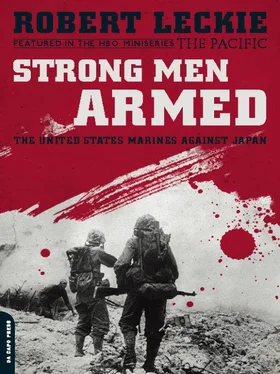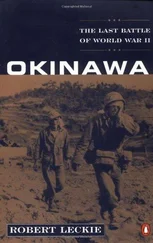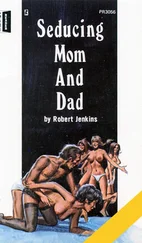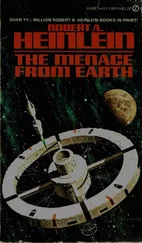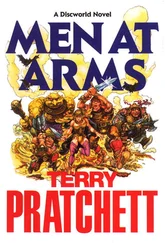Robert Leckie - Strong Men Armed
Здесь есть возможность читать онлайн «Robert Leckie - Strong Men Armed» весь текст электронной книги совершенно бесплатно (целиком полную версию без сокращений). В некоторых случаях можно слушать аудио, скачать через торрент в формате fb2 и присутствует краткое содержание. Город: Cambridge, Год выпуска: 2010, ISBN: 2010, Издательство: Da Capo Press, Жанр: nonf_military, на английском языке. Описание произведения, (предисловие) а так же отзывы посетителей доступны на портале библиотеки ЛибКат.
- Название:Strong Men Armed
- Автор:
- Издательство:Da Capo Press
- Жанр:
- Год:2010
- Город:Cambridge
- ISBN:978-0-786-74832-7
- Рейтинг книги:3 / 5. Голосов: 1
-
Избранное:Добавить в избранное
- Отзывы:
-
Ваша оценка:
- 60
- 1
- 2
- 3
- 4
- 5
Strong Men Armed: краткое содержание, описание и аннотация
Предлагаем к чтению аннотацию, описание, краткое содержание или предисловие (зависит от того, что написал сам автор книги «Strong Men Armed»). Если вы не нашли необходимую информацию о книге — напишите в комментариях, мы постараемся отыскать её.
Strong Men Armed — читать онлайн бесплатно полную книгу (весь текст) целиком
Ниже представлен текст книги, разбитый по страницам. Система сохранения места последней прочитанной страницы, позволяет с удобством читать онлайн бесплатно книгу «Strong Men Armed», без необходимости каждый раз заново искать на чём Вы остановились. Поставьте закладку, и сможете в любой момент перейти на страницу, на которой закончили чтение.
Интервал:
Закладка:
Robert Leckie
STRONG MEN ARMED
The United States Marines Against Japan
“When a strong man armed keepeth his palace, his goods are in peace.”
LUKE 11 : 21To those brave Marines who “foremost fighting fell”.
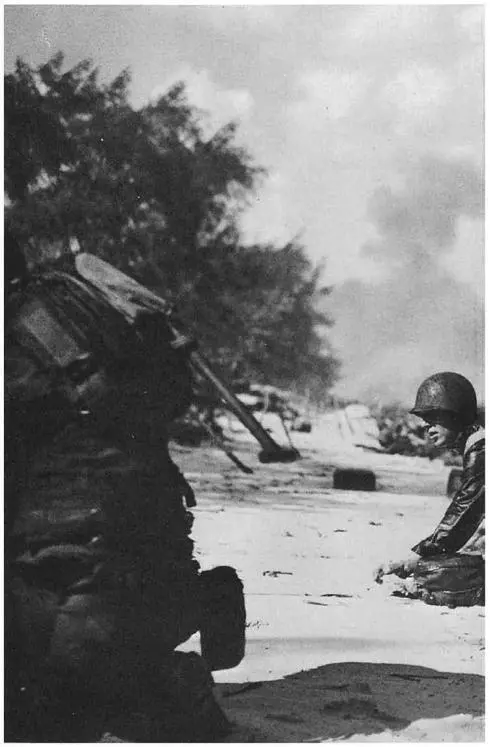
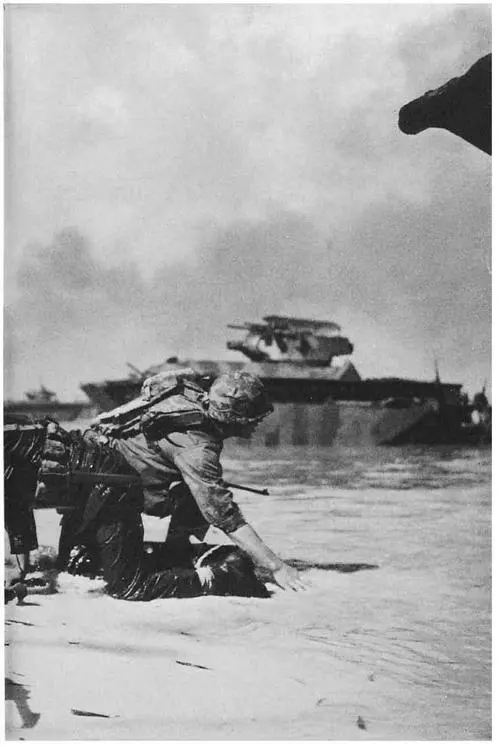
Books by Robert Leckie
HELMET FOR MY PILLOW
LORD, WHAT A FAMILY
THE MARCH TO GLORY
MARINES!
CONFLICT: The History of the Korean War
THE WARS OF AMERICA: From 1600 to 1992 (in two volumes) GEORGE WASHINGTON’S WAR: The Saga of the American Revolution
FROM SEA TO SHINING SEA: From the War of 1812 to the Mexican War, the Saga of America’s Expansion
NONE DIED IN VAIN: The Saga of the American Civil War
DELIVERED FROM EVIL: The Saga of World World II
OKINAWA: Final Battle of World War II
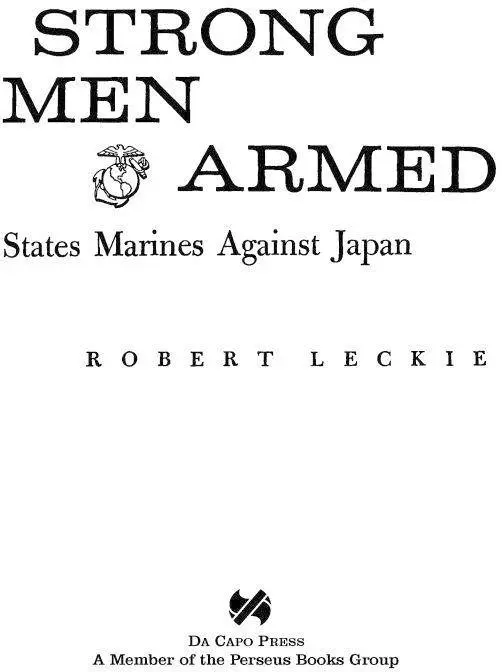
MAPS
Southwest pacific, 7
Central pacific, 11
Guadalcanal, 21
Bougainville, 167
Betio (Tarawa, 192
Western New Britain, 245
Roi-Namur (Kwajalein), 282
Eniwetok, 287
Saipan, 317
Guam, 362
Tinian, 367
Peleliu, 397
Iwo jima, 438
Okinawa, 480
I. Days of Wrath
1
It was the sixth of August, 1942—eight months since Vice Admiral Chuichi Nagumo had swung his aircraft carriers south and sent them plunging through mounting seas toward Pearl Harbor.
Eight months, and during them the power of America’s Pacific Fleet had rolled with the tide on the floor of Battleship Row; Wake had fallen, Guam, the Philippines; the Rising Sun flew above the Dutch East Indies, it surmounted the French tricolor in Indo-China, it blotted out the Union Jack in Singapore where columns of short tan men in mushroom helmets double-timed through the streets. Burma, Malaya and Thailand were also Japanese. India’s hundreds of millions were imperiled, great China was all but isolated from the world, Australia looked fearfully north to the Japanese bases on New Guinea, toward the long chain of the Solomon Islands drawn like a knife across her lifeline to America.
Eight months, and now an American invasion fleet sailed north to Guadalcanal. Thirty-one transports and cargo ships were stuffed to the gunwales with 19,000 United States Marines and their guns and vehicles. Guarding them were some 60 warships, mostly cruisers and destroyers, one battleship, a few oilers, and that trio of flattops representing all of America’s carrier striking power in the South Pacific.
The skies were overcast, as they had been the day before. As storm and fog had covered the Japanese approach to Pearl Harbor, so low ceilings concealed these Americans in their sweep west and north from the Fiji Islands.
Aboard the troopships it was not only the warm moist air that brought the sweat oozing from the bodies of the men on the weather decks, staining the sailors’ light blue shirts as dark as their denim trousers, making blotches on the pale green twill dungarees of the Marines. There was tension in the air. It was almost a living presence. It made voices taut, husky—made the sweat come faster. It was one with the rasp of steel on whet-stones, the sound of the Marines sharpening bayonets and sheath knives for the morning’s fight. Other Marines squatted on the grimy decks blacking rifle sights or applying a last light coat of oil to their rifle bores. Machine-gunners went over long belts of ammunition coiled wickedly in oblong green boxes, carefully withdrawing and reinserting the cartridges into their cloth loops, making certain that they would not stick and jam the guns. Other men adjusted packs, inspected grenade pins or made camouflage nets for their helmets—those exasperating scoops of steel which banged the back of a man’s neck at a walk, bumped over his eyes at a run.
Many of these men wondered silently how they would react next day, in the holocaust of battle. Compassionate Marines suddenly became aware that they had no wish to kill, wondering, as they sat alongside cruel Marines carving X’s on bullet ends to make dum-dums of them, if they would actually pull the trigger. Sentimental Marines composing that last letter home for the sixth or seventh time wrote in the grave periods of men already gloriously dead. But some, men such as the lazy Marines who had not cleaned or oiled their weapons, consciously drove the thought of battle from their minds. Others could not grasp its import. “Pogey-bait” Marines stood for hours in line outside the ship’s canteen, thinking no further ahead than the next Clark Bar or Baby Ruth. Yardbird Marines—those immemorial dreamers “who never get the word” —were so little impressed by all this martial bustle that one of them could clear out a crowded hold in the George F. Elliott by stepping over the threshold with a newly issued hand grenade in one hand and a freshly pulled pin in the other, asking shyly:
“What do I do now?”
Kiwi—as Marine yardbirds were now called in honor of that New Zealand bird which also does not fly—Kiwi was marched topside by a gunnery sergeant bellowing, “Grenade! Grenade! Git outta my way—grenade!” It was only after the gunny had cleared the fantail of the ship and had commanded Kiwi to hurl the grenade into the ocean, and had hit the deck alongside him, it was only after this that the gunny turned and booted Kiwi all the way forward and down the hatch to the head.
It was in the heads that the big poker games were played. The money had found its inevitable way into a few skillful hands and the big winners gathered for showdown games in lavatories deep below decks, places in which the air was such a foul compound of the reek of human refuse and cigarette smoke that a man coughing in revulsion blew holes in those blue clouds.
Above decks on one of the transports a young Marine skipped half dollars across the flat gray surface of the sea. A sergeant raged at him and the youth replied with a shrug:
“So what’s the use of money where we’re going?”
Aboard all the troopships platoons of men attended classes on the subject “Know Your Enemy.” For perhaps the twentieth time they listened while lieutenants, few of whom had ever seen combat, read to them from hastily assembled manuals celebrating those qualities which made the Japanese soldier “the greatest jungle fighter in the world.” Mr. Moto, said the manuals, could swim miles underwater while sucking air from hollow reeds, he could sneak stealthily through the jungle on split-toed, rubber-soled shoes, and he could climb trees like a monkey, often tying himself to the trunks and fighting from the treetops. He was tricky, capable of booby-trapping the bodies of his friends, and he often cried out in English to lure the unwary into ambush. At night the Japanese soldiers set off strings of firecrackers to simulate numerous machine guns and frighten their opponents into giving away their position, or they signaled to each other by rifle shot. Finally, this strong, stoic Oriental, who tortured and slaughtered in the name of an Emperor he believed to be divine, was also able to march farther, eat less and endure more than any other soldier in the world. Though some of this was true, much of it was hysterical hokum born of the Pearl Harbor psychosis, and because they had been fed it so often and in such large doses, many of these Marines had come to wonder aloud if every last son of Nippon had been suckled by a wolf.
Читать дальшеИнтервал:
Закладка:
Похожие книги на «Strong Men Armed»
Представляем Вашему вниманию похожие книги на «Strong Men Armed» списком для выбора. Мы отобрали схожую по названию и смыслу литературу в надежде предоставить читателям больше вариантов отыскать новые, интересные, ещё непрочитанные произведения.
Обсуждение, отзывы о книге «Strong Men Armed» и просто собственные мнения читателей. Оставьте ваши комментарии, напишите, что Вы думаете о произведении, его смысле или главных героях. Укажите что конкретно понравилось, а что нет, и почему Вы так считаете.
